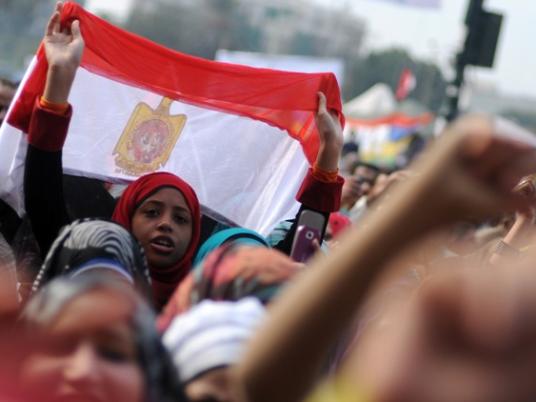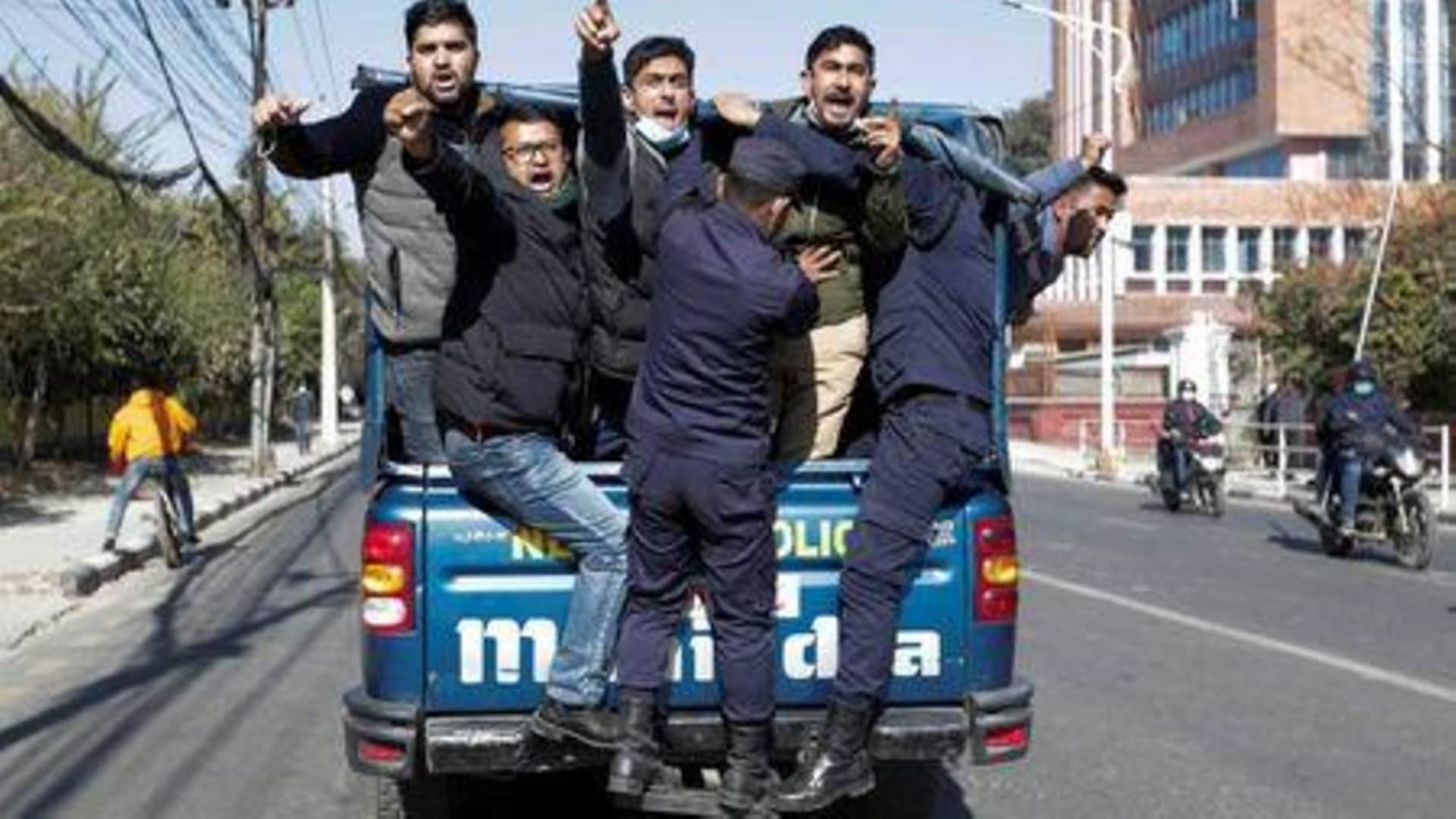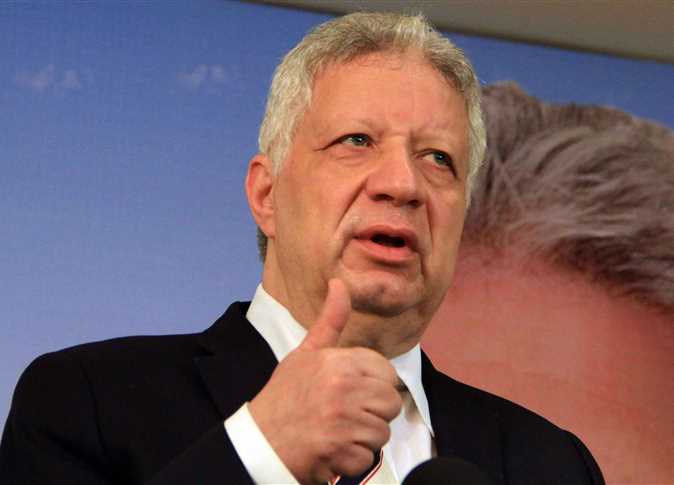
The ruling Supreme Council of the Armed Forces' (SCAF) proposal to form an advisory council has aroused controversy among political experts. The council would be made up of 50 public figures and representatives including the military, party leaders, presidential candidates and revolutionary youths.
While some experts said the SCAF is attempting to create a link with civilians, others said the council is "just for show.”
"It’s a temporary solution until the new parliament is formed," said Wahid Abdel Majid, head of Al-Ahram Center for Translation and Publication, adding that the People’s Assembly will overpower any other authority.
The advisory council is being created to cushion the anger of the street until a new parliament is formed, said Amr Hashim Rabie, head of the Al-Ahram Center, echoing the words of Abdel Majid.
The idea of the advisory council is analogous to the idea of an interim presidential council, in the sense that they would have little power, said Hassan Nafaa, professor of political science at Cairo University. They would be tools to absorb the street's anger against the SCAF for assuming both executive and legislative powers, he said.
“The new council will be for decoration with no real powers, like political parties in the era of former President Mubarak," Nafaa said.
The council is a moderate and suitable solution for the current crisis, said former head of Al-Ahram Center for Political and Strategic Studies, Gamal Abdel Gawad.
Such a council would help calm the situation by facilitating communication between the SCAF and other political forces, said Hassan Abu Talib, an expert with Al-Ahram Center for Political and Strategic Studies.




